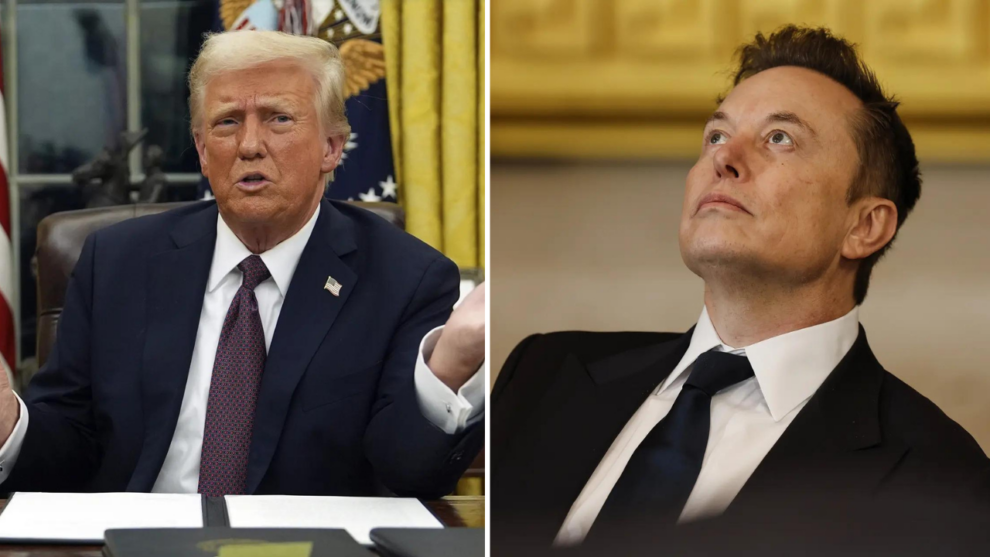President Donald Trump has taken a significant step towards formalizing the controversial Department of Government Efficiency (DOGE) commission, an advisory group led by billionaire Elon Musk that has recommended sweeping cuts to federal agencies. On Monday evening, Trump signed an executive order that seeks to reshape the U.S. Digital Service (USDS), an Obama-era initiative focused on modernizing the government’s approach to technology, into the U.S. DOGE Service (USDS).
The executive order, which maintains the identical acronym of USDS, outlines a plan to establish “DOGE Teams” within federal agencies, each consisting of at least four employees, including a team lead, engineer, HR specialist, and attorney. These teams will work closely with the newly formed USDS and their respective agencies to implement Trump’s DOGE agenda, which aims to streamline government operations and reduce spending.
Under the executive order, the USDS will be granted access to unclassified agency records, software systems, and IT systems, while a “software modernization” plan will be put in place to improve government network infrastructure and IT systems. Additionally, a temporary organization called the U.S. DOGE Service Temporary Organization will be created to advance Trump’s 18-month DOGE agenda, with a planned termination date of July 4, 2026.
However, the future of the executive order remains uncertain as it faces legal challenges from multiple fronts. At least three lawsuits have been filed in federal court, arguing that the Musk-led DOGE commission violates the Federal Advisory Committee Act (FACA) of 1972, which mandates federal advisory committees to hold public meetings and represent balanced perspectives.
The DOGE commission, initially co-led by Musk and entrepreneur Vivek Ramaswamy, was announced by Trump in late 2022. However, Ramaswamy has since departed from the commission following reported clashes with Musk and is expected to announce his candidacy for Ohio governor next week.
Musk’s ambitious goals for the DOGE commission, which initially included cutting the U.S. federal budget by up to $2 trillion through measures such as reducing waste, eliminating redundant agencies, and downsizing the federal workforce, have been met with skepticism from experts who believe the targets to be unrealistic. Musk has since tempered his expectations regarding the commission’s potential impact.
Reports from The Wall Street Journal suggest that the Trump team and DOGE officials have explored the possibility of abolishing the Federal Deposit Insurance Corporation (FDIC) and restructuring the FDIC, Office of the Comptroller of the Currency (OCC), and Federal Reserve. Musk has also proposed eliminating the Consumer Financial Protection Bureau (CFPB), an agency responsible for enforcing consumer protection laws and providing guidance to consumer financial institutions.
As the executive order faces legal challenges and the DOGE commission’s recommendations come under scrutiny, the future of this ambitious effort to reform the federal government remains uncertain. Critics argue that the commission’s lack of transparency and potential conflicts of interest undermine its credibility, while supporters maintain that bold action is necessary to address government inefficiencies and reduce spending.
The coming months will be crucial in determining the fate of Trump’s executive order and the DOGE commission’s impact on the federal government. As the legal battles unfold and the commission’s recommendations are further examined, the public will be closely watching to see whether this controversial initiative will bring about the promised reforms or succumb to the challenges posed by its detractors.
















Add Comment